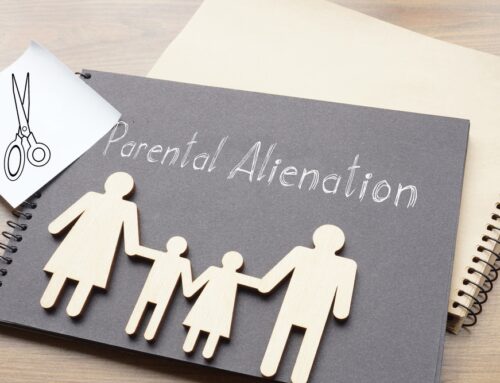A prenuptial agreement is not just for the super wealthy or celebrities. Anyone who has property, personal assets or debt liabilities could benefit from a prenup.
Prenups can be perceived as unromantic, but they are becoming more commonplace. Couples choose to enter into a prenuptial agreement to safeguard their individual assets and to ensure each partner knows exactly where they stand regarding finances during the marriage.
While we all enter into a marriage with the hope and expectation that it will go the distance, sadly for many things just don’t work out. When the worst happens, a prenuptial agreement can make dividing assets in a divorce much simpler, taking some of the stress out of an upsetting time.
If you’re getting married and considering a prenup, here’s everything you need to know about your prenuptial agreement…
What Is/Isn’t Covered By A Prenuptial Agreement?
A prenuptial agreement sets out the financial responsibilities of each party and ownership of assets during the marriage. It also describes the distribution of money and assets in the event of divorce.
A prenup can be beneficial where there are children from a previous relationship involved and you want to protect certain assets for them. It can also cover financial arrangements for those children should the marriage break down.
It cannot be used to stipulate childcare responsibilities and arrangements post-divorce. Any agreements for child contact or living arrangements must be taken up with the courts separately.
Your prenuptial agreement can be used to protect assets, businesses, investments or inheritance. Divorce without a prenup usually defaults to a 50/50 split, so if there are assets or debts from before or even during the marriage that you want clarity on, a prenup is the way to go.
Are Prenuptial Agreements Legally Binding?
Prenups are not legally binding in the UK. However, after a landmark case in 2010, they now hold much more sway with divorce courts. Judges still have the power to discount them if they are deemed to be unfair or unreasonable, or if there is grounds to believe the prenup was not entered into willingly by both parties. Judges will also consider whether all financial assets and debts were fully disclosed at the time the prenup was drawn up, when deciding whether to uphold the agreement.
How Do You Get A Prenup?
Firstly, do your research. Find out as much as you can about prenuptial agreements before agreeing to one.
If you’re convinced a prenuptial agreement is right for you, you’ll need to find an experienced solicitor who can walk you through the process.
Make sure you and your partner both use different lawyers, so there can be no argument for a conflict of interest, should you need to trigger your prenup for the divorce courts.
A prenup must be signed at least 28 days before the marriage. Again, should you need to present your prenup to a judge, this shows that both parties had reasonable time to review and consider the document before signing.
There must also be full disclosure – if either party hides any assets or debts then the prenup could be worthless in the event of a divorce.
Prenuptial agreements can be a touchy subject, but for many couples it is a sensible step. Money can be the cause of many matrimonial problems and if you have financial matters clearly set out in a prenup from the outset, it can take this out of the equation.
If you want further advice on prenuptial agreements, talk to our friendly specialist team.




